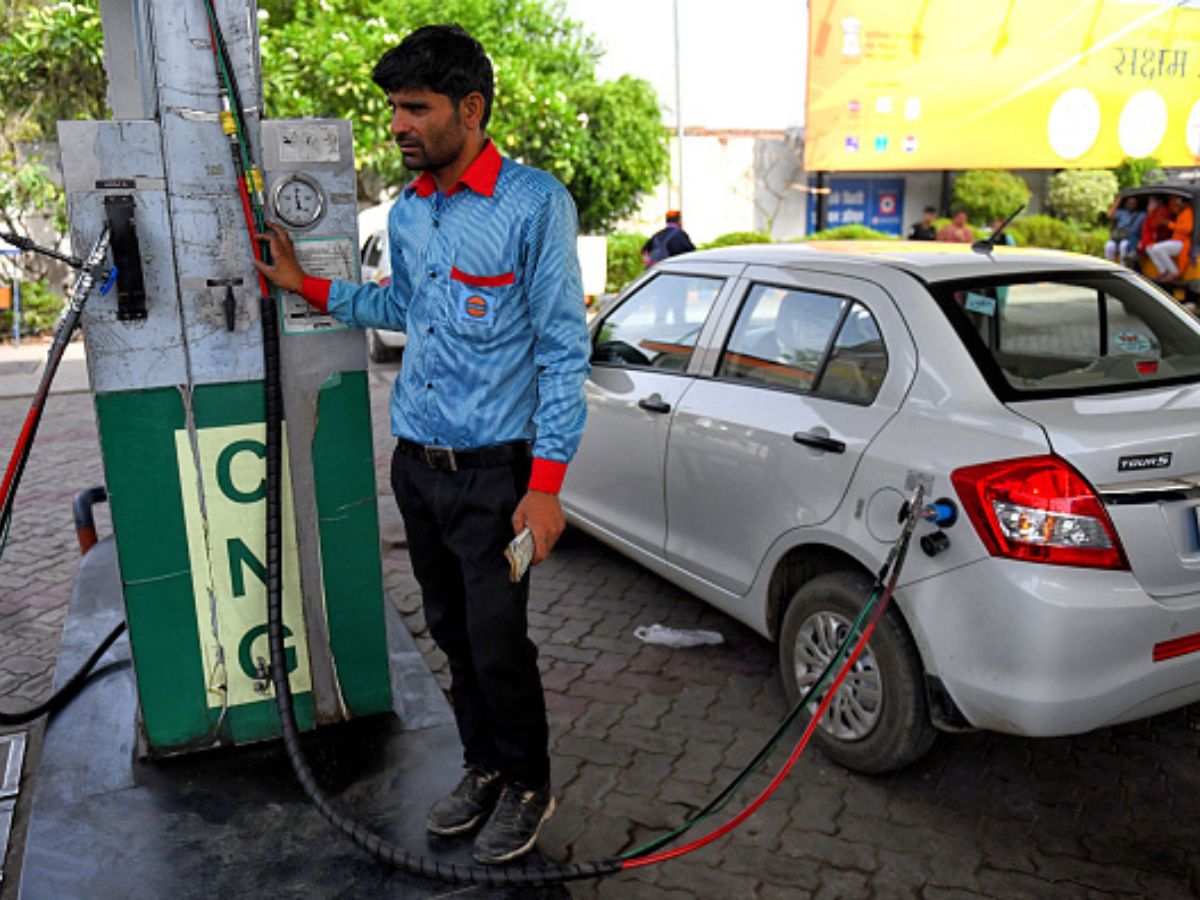Prices of domestic natural gas have been raised for the month of October, marking the second consecutive monthly price hike. The price has been increased to $9.20/mmBtu (Metric Million British Thermal Unit) from $8.60/mmBtu in September, reported CNBC Awaaz citing a notification released by the Ministry of Petroleum and Natural Gas on Saturday.
The revised prices will be applicable from October 1 to October 31, 2023. The report noted that Gas distribution companies may pass on these increases to consumers, potentially affecting CNG and PNG prices.
This marks the second consecutive monthly increase in natural gas prices, following the September hike from $7.85/mmBtu to $8.60/mmBtu.
The price changes for domestic natural gas come after a new formula that links price to the current Indian crude basket price was adopted, departing from the previous method based on global gas trading hubs like Henry Hub, Albany, National Balancing Point (UK), and Russian gas. Under the previous formula, the pricing method involved calculating the average of the value-weighted prices of the four global gas trading hubs over the last year. Subsequently, this calculated average price was applied at three-month intervals.
Also Read: Maruti Suzuki Gets Rs 139.3 Crore Show-Cause Notice From GST Authority
Under this revised formula, the domestic natural gas price undergoes monthly recalibration, providing more frequent adjustments compared to the previous semi-annual system.
This transition to a new pricing mechanism aligns with the recommendations of a government-formed committee in October 2022. The change aims to bring natural gas prices in closer alignment with current market dynamics, ensuring fairness and competitiveness.
However, the uptick in domestic natural gas prices may have downstream impacts on consumers, as gas distribution companies might pass on the higher costs, potentially leading to price hikes for end-users of Compressed Natural Gas (CNG) and Piped Natural Gas (PNG).
This pricing adjustment underscores the government's ongoing efforts to fine-tune the energy pricing structure to adapt to evolving global energy market dynamics.


